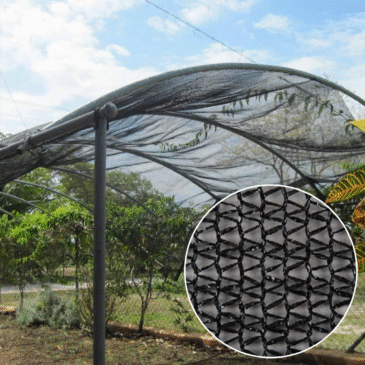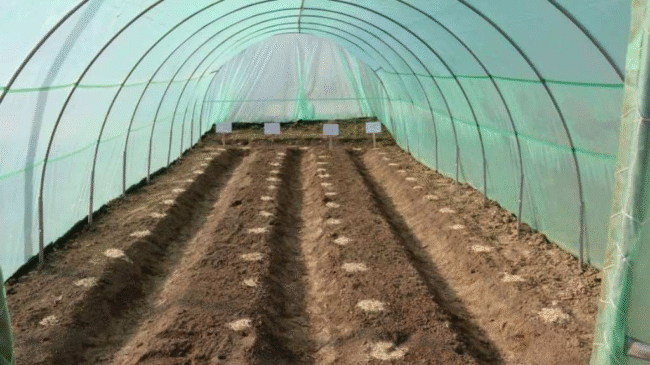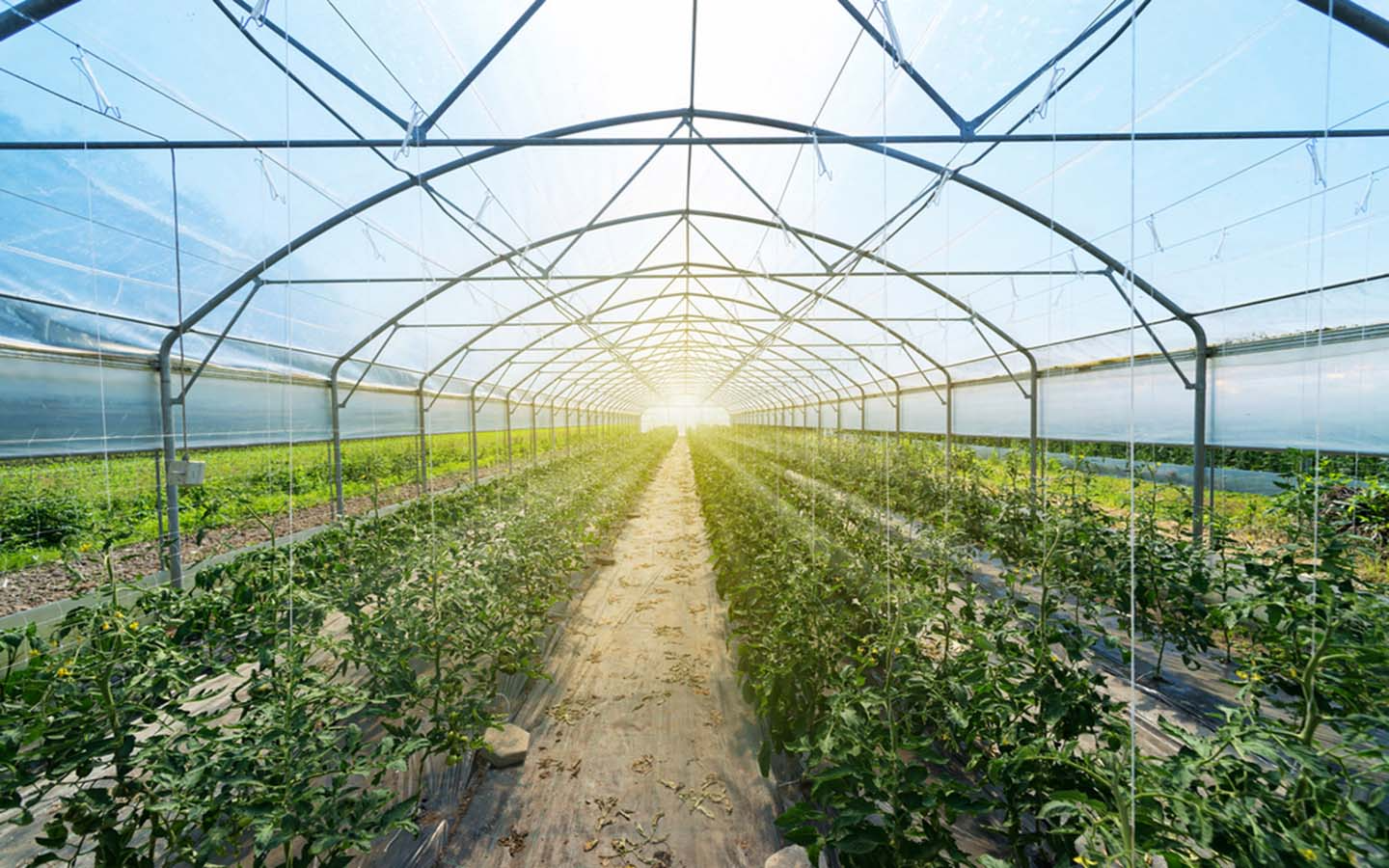Dubai is known for its intense heat, relentless sun, and long summer months where temperatures frequently rise above 45°C. In such a climate, creating shaded environments is not just a matter of comfort—it’s essential for health, energy efficiency, and even the protection of plants and property. Shade nets have become one of the most practical and cost-effective solutions for addressing these challenges. From private gardens and greenhouses to parking lots and construction sites, shade nets play a vital role across Dubai’s urban and agricultural landscape.
This comprehensive guide explores everything you need to know about buying, using, and installing shade nets in Dubai.
Shade Nets
Shade nets are specially designed fabrics, typically made from high-density polyethylene (HDPE), that provide partial to full shade while allowing air to pass through. They are woven or knitted with different densities to block varying percentages of sunlight, usually ranging from 30% to 90%. These nets are UV stabilized, which makes them particularly effective in extreme climates like that of Dubai.
Why Shade Nets Are Essential in Dubai
Dubai’s desert climate demands intelligent solutions to mitigate the effects of extreme solar radiation and heat. Shade nets serve multiple purposes:
Protection from the Sun:
Excessive UV exposure can cause damage to skin, equipment, plants, and even structures. Shade nets help by significantly cutting UV penetration.
Cooling Effect:
Reducing direct sunlight helps lower temperatures underneath, creating more bearable and functional outdoor spaces.
Energy Efficiency:
By decreasing ambient temperatures, especially around buildings and greenhouses, shade nets reduce the need for air conditioning, contributing to energy savings.
Dust Control:
In construction zones or open areas, shade nets serve as a barrier to wind-blown sand and dust.
Privacy and Aesthetic Appeal:
Shade nets also offer visual coverage, making them ideal for residential and commercial fencing or screened enclosures.

Applications of Shade Nets in Dubai
Shade nets are highly versatile and widely used across various sectors in Dubai:
Residential Use:
In villas and homes, shade nets are used for patio covers, garden shading, rooftop privacy, and car parking shades.
Agricultural Use:
Farmers and urban gardeners rely on shade nets to protect crops from heat stress, maintain soil moisture, and support healthy plant growth.
Commercial Spaces:
Restaurants and cafés often use shade netting to extend seating outdoors without exposing patrons to harsh sunlight.
Construction Sites:
Temporary fencing and scaffolding covers made from shade netting help control dust, debris, and unauthorized visibility.
Recreational Areas:
Parks, school playgrounds, and sports facilities frequently install shade net structures for sun protection.
Benefits of Installing Shade Nets in Dubai
Installing shade nets brings a wide range of benefits in Dubai’s environment:
Heat Reduction:
The temperature underneath a shade net can be 5 to 15°C cooler than exposed areas.
UV Protection:
Reduces exposure to harmful ultraviolet rays, protecting both people and sensitive equipment or materials.
Extended Usability:
Outdoor spaces become usable year-round, even during the peak summer months.
Improved Plant Growth:
Controlled shading leads to better humidity, less water evaporation, and reduced plant stress, improving yields.
Increased Property Value:
Functional and attractive shade installations can enhance the visual appeal and value of homes or commercial spaces.
Lower Maintenance:
Compared to metal or permanent roofing structures, shade nets require less maintenance and are easier to clean or replace.

Types of Shade Nets Available in Dubai
Dubai’s market offers a wide variety of shade nets in Dubai, differing in material, design, and density. Some of the most common types include:
Knitted HDPE Shade Nets:
These are flexible, durable, and resistant to tearing. They are ideal for agricultural and general-purpose shading.
Monofilament Nets:
These are stronger and more rigid, often used in commercial or heavy-duty applications.
Color Variants:
Green and black are common, with green used for horticultural purposes and black for privacy and higher sun blockage. Other colors like beige, white, and blue are available for aesthetic or specialized needs.
Fire-Retardant & Waterproof Nets:
Used in industrial or sensitive environments where safety is a priority.
Choosing the Right Shade Net
When buying shade nets in Dubai, several factors should be considered:
Shade Percentage:
Choose based on application. For example, plants may need 35%–50% shade, while parking areas might need 75%–90%.
Material Durability:
Ensure the net is UV-stabilized, weather-resistant, and suitable for the outdoor conditions specific to your location.
Size and Coverage Area:
Measure the intended area accurately to ensure a good fit. Many suppliers offer custom cutting or roll sizes.
Color Choice:
Choose based on function and appearance. White offers light diffusion, green blends into landscapes, and black provides maximum opacity.
Ease of Installation:
Some nets come with reinforced edges, grommets, or eyelets for easy mounting, while others may need professional installation.
Installing Shade Nets in Dubai
Shade net installation can range from simple DIY setups to large-scale engineered structures. The process generally includes:
Site Survey:
Assess the sun direction, area coverage, structural anchor points, and environmental exposure.
Material Preparation:
Cut the shade net to size and reinforce edges if needed. Choose mounting accessories like clamps, zip ties, or cable wires.
Structure Setup:
Nets can be installed using poles, frames, walls, or pre-built pergolas. It’s important to ensure tight tensioning to avoid sagging and flapping in the wind.
Professional Installation:
For large or commercial projects, it’s recommended to use professional installers who can customize solutions, ensure safety compliance, and enhance durability.
Maintenance Tips for Long-Lasting Shade Nets in Dubai
To maximize the life and performance of your shade nets, consider the following care and maintenance practices:
Regular Cleaning:
Wash off accumulated dust, bird droppings, or pollution using water and a soft brush.
Check Tension and Fixings:
Periodically inspect ropes, eyelets, and support structures for loosening or wear.
Store Properly When Not in Use:
If seasonal, remove and store nets in a dry area to prevent mold or brittleness.
Avoid Sharp Objects:
Prevent contact with sharp tools or corners to reduce the risk of tears.
Replace When Worn:
UV exposure over time can degrade materials. Replace nets every few years depending on usage and exposure level.
Conclusion Shade Nets in Dubai
In a city like Dubai, where sunshine is both a blessing and a challenge, shade nets offer a modern, efficient, and adaptable solution. Whether you’re looking to create a cool retreat in your backyard, protect your crops from scorching heat, or shield a commercial area, shade nets provide the versatility and performance to meet your needs.
As awareness of sustainable living and energy efficiency grows in Dubai, the role of shade nets will only continue to expand. With the right choice, proper installation, and minimal maintenance, shade nets can transform both private and public spaces—making them cooler, greener, and more livable year-round.

